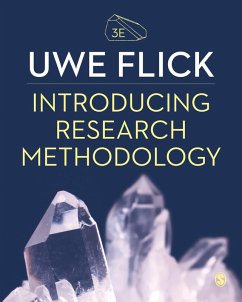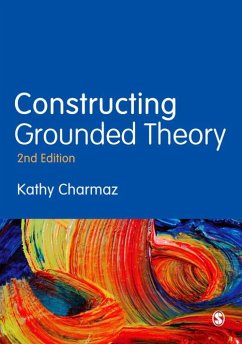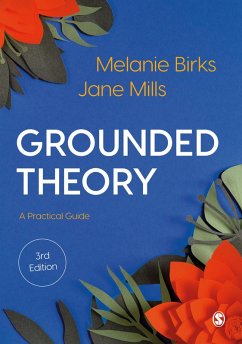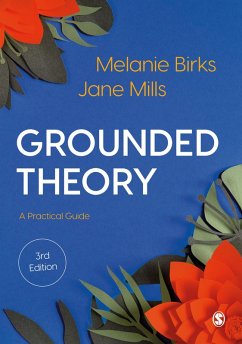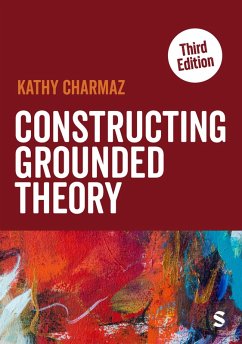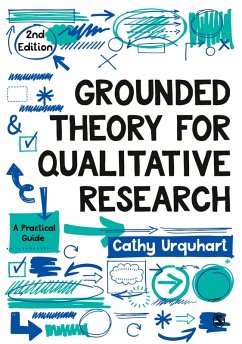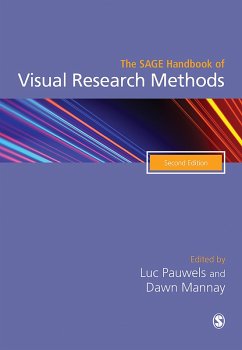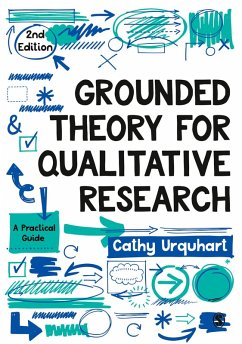
The SAGE Handbook of Current Developments in Grounded Theory (eBook, ePUB)
Versandkostenfrei!
Sofort per Download lieferbar
89,95 €
inkl. MwSt.
Weitere Ausgaben:

PAYBACK Punkte
45 °P sammeln!
Building on the success of the bestselling The SAGE Handbook of Grounded Theory (2007), this title provides a much-needed and up-to-date overview, integrating some revised and updated chapters with new ones exploring recent developments in grounded theory and research methods in general. The highly-acclaimed editors have once again brought together a team of leading academics from a wide range of disciplines, perspectives and countries. This is a method-defining resource for advanced students and researchers across the social sciences. Part One: The Grounded Theory Method: 50 Years On Part Two...
Building on the success of the bestselling The SAGE Handbook of Grounded Theory (2007), this title provides a much-needed and up-to-date overview, integrating some revised and updated chapters with new ones exploring recent developments in grounded theory and research methods in general. The highly-acclaimed editors have once again brought together a team of leading academics from a wide range of disciplines, perspectives and countries. This is a method-defining resource for advanced students and researchers across the social sciences.
Part One: The Grounded Theory Method: 50 Years On
Part Two: Theories and Theorizing in Grounded Theory
Part Three: Grounded Theory in Practice
Part Four: Reflections on Using and Teaching Grounded Theory
Part Five: GTM and Qualitative Research Practice
Part Six: GT Researchers and Methods in Local and Global Worlds
Part One: The Grounded Theory Method: 50 Years On
Part Two: Theories and Theorizing in Grounded Theory
Part Three: Grounded Theory in Practice
Part Four: Reflections on Using and Teaching Grounded Theory
Part Five: GTM and Qualitative Research Practice
Part Six: GT Researchers and Methods in Local and Global Worlds
Dieser Download kann aus rechtlichen Gründen nur mit Rechnungsadresse in A, D ausgeliefert werden.





